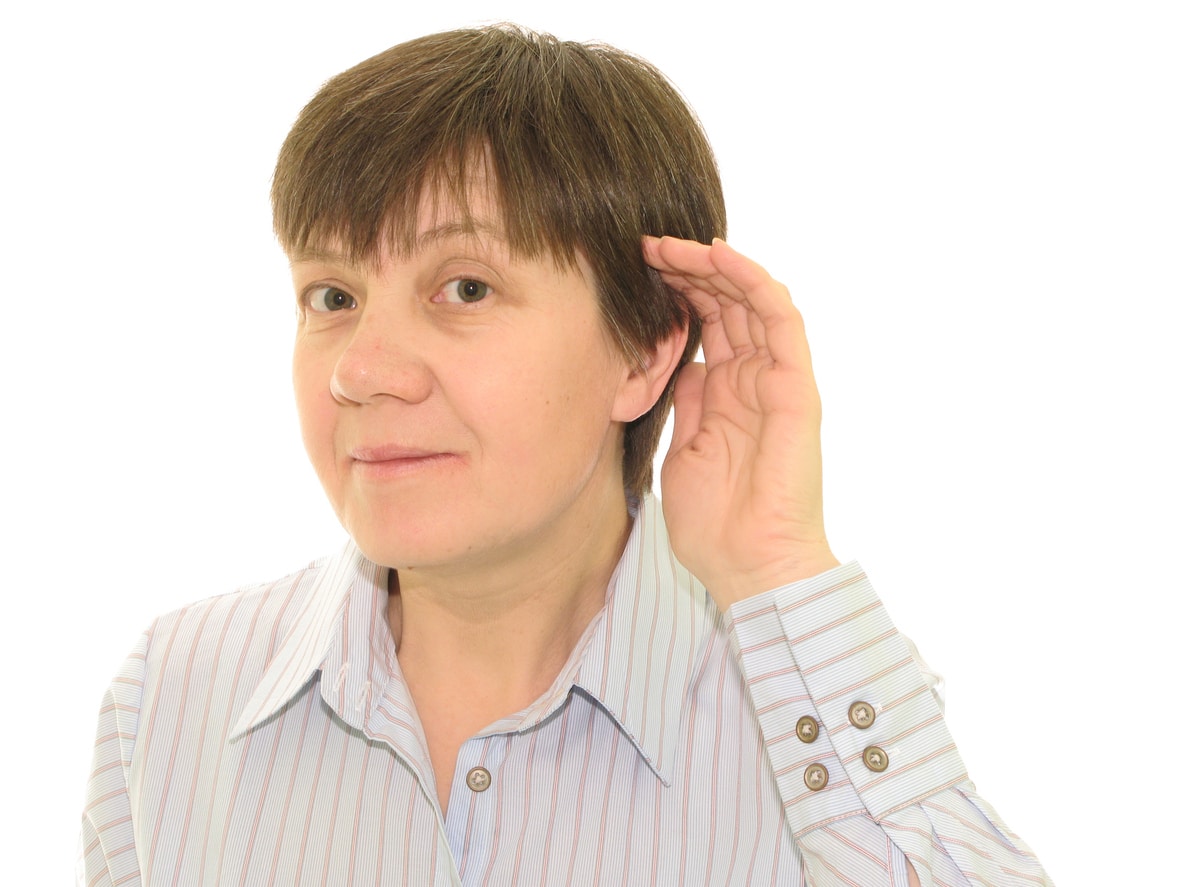Have you ever felt like you can hear but not understand someone or observed your child taking longer than usual to respond to you? These are common signs of auditory processing disorder (APD).
What is Auditory Processing Disorder?

APD is a condition where your brain has trouble understanding the words it hears. Often mistaken for hearing loss, APD stems from trouble in the brain rather than the ears. With APD, sound travels through the ear and into the brain like normal, but the brain struggles to process the information.
Common symptoms of APD include:
- Asking others to repeat themselves
- Trouble telling the difference between like-sounding words
- Difficulty spelling, reading and writing at grade level
- Lengthened response times in conversations
- Poor memory when trying to recall what a person said
- Difficulty understanding rapid speech
- Difficulty understanding speech amidst background noise
What Causes Auditory Processing Disorder?
Although the root cause of APD may be hard to pin down, many experts link it to stroke, head trauma, low birth weight, early birth, genetics and repeated ear infections.
How Can You Manage Auditory Processing Disorder?
Not all cases of APD require treatment. Some are mild enough to have minimal effect on the patient experiencing it. However, when APD makes it difficult to participate in social activities, excel in school or connect with friends, it might be time to see a hearing and communication specialist. Although there is no known cure for APD, there are a few ways you can minimize disruptive APD, including:
- Auditory training. Often used to help patients with hearing loss, auditory training teaches you to differentiate between different sounds, making it easier to understand the world around you.
- Hearing aids. Hearing aids collect and amplify speech sounds to help the brain understand language. These tiny but powerful devices are a great option for patients with hearing loss and APD.
- Lifestyle changes. Changing your hearing environment can make a significant difference in how you cope with APD. Do your best to create a calm, quiet environment for better understanding. For example, if you’re making playdate plans for your child, try opting for a quiet day at home or Tyger River Park instead of crowded indoor areas.
APD doesn’t need to stop you or your child from enjoying social and academic activities. Contact Spartanburg | Greer ENT & Allergy today to speak to one of our specialists about your management options.
